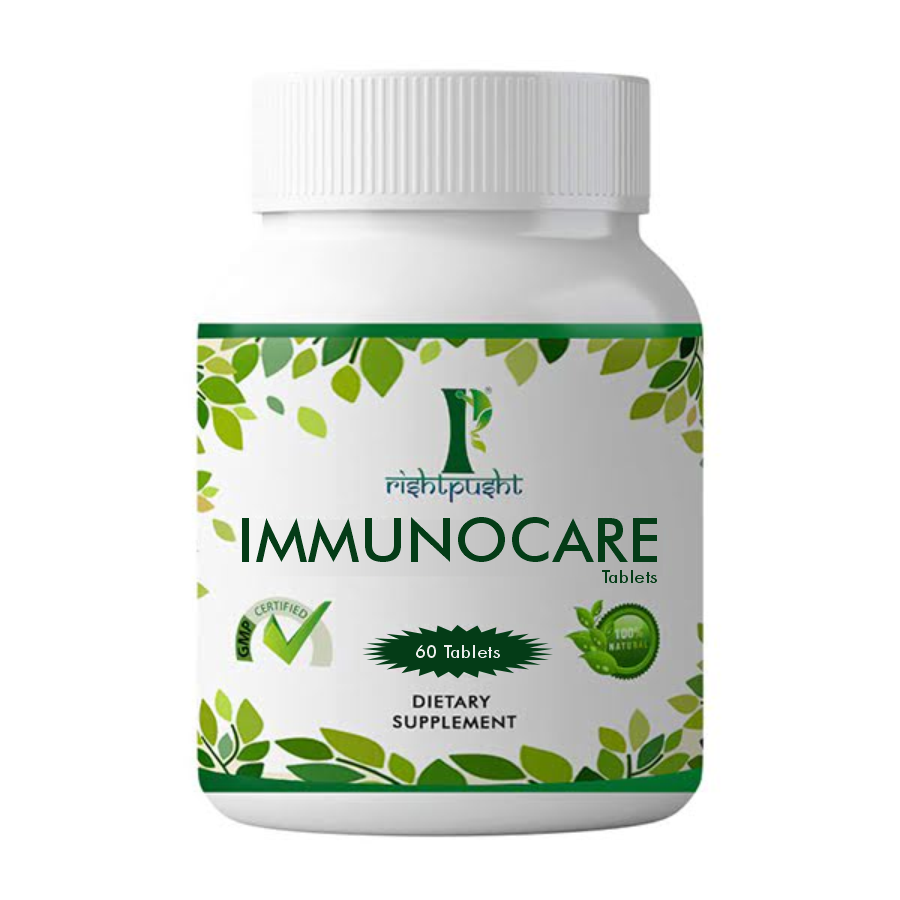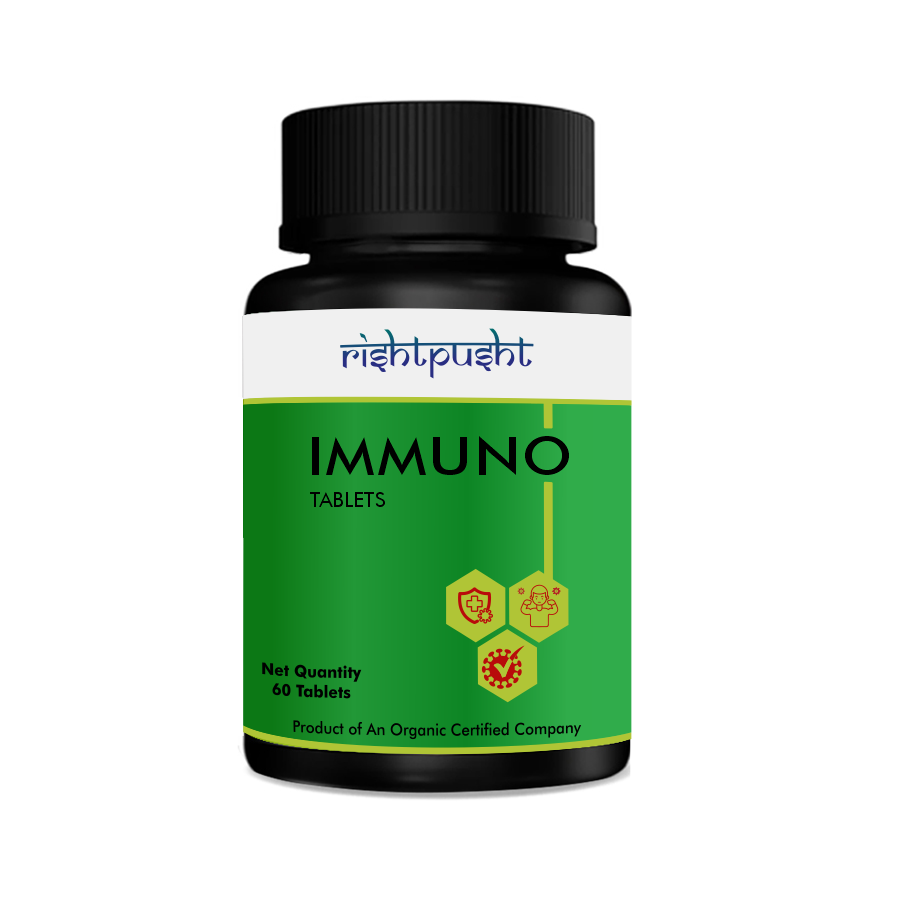Hepatitis: The Ayurvedic Perspective
hepatitis ayurvedic treatment
hepatitis ayurvedic treatment
Hepatitis is a liver derangement caused due to inflammation of the liver tissue. Hepatitis B is caused due to infestation with hepatitis virus B (HBV). The hepatitis B may be of acute or chronic form and may affect in a mild or severe form. Ayurveda sees liver disorders primarily as a consequence of aggravated pitta (Toxin accumulation). Toxins are accumulated due to intensified use of pesticides and chemical fertilizers, high levels of stress associated with suburban and urban lifestyle. Stress seems to aggravate the risk of hepatitis.
We are all made up of 3 elements known as doshas. These are
- Air and space (Vata dosha), which permits movement
- Fire and water (Pitta dosha), which allows transformation and is accountable for digestion and metabolism
- Water and earth (Kapha dosha), which gives structure or cohesion
These doshas allow all the organs of the body to work together in synchronization. In Ayurveda, any imbalance in the body system is caused by the overexpression or under expression of one or more of the Doshas. Hence, dosha imbalance can lead to dis-ease according to the following basic stages
- Accumulation ? where the effect of one or more of Doshas has increased
- Aggravation ? as levels increase for one Dosha, this causes the remaining Doshas to become imbalanced
- Overflow ? the accumulated Dosha spreads into the body carrying Aama, or toxic waste products
- Localization ? the Dosha settles at a weak site in the body
- Manifestation ? symptoms
- Disease ? this would be the point where a conventional doctor would make a diagnosis of dis-ease, such as a particular kind of cancer
How we treat hepatitis?
"We halt the deadly hepatitis B virus by targeting the immunomodulation aspect"
Hepatitis Treatment in Ayurveda
Hepatitis Treatment in Ayurveda:- We treat hepatitis by treating the devitalized body energies involved in causing hepatitis. Treatment does not only focus on the aspect of liver protection but on the immunomodulation of the entire immune system. We are helpful in staving off disease byusing immunomodulator herbs in amalgamation with hepatoprotective herbs. Generally, when a patient approaches a doctor during the stage when virus has only gained access in his/her body and has not developed liver damage, majority of doctors start giving patients liver tonics. But in that stage, we treat the patient with immunomodulator herbs which can constantly bring down the level of virus. On the contrary, majority of the doctors do not pay importance to the immunomodulation aspect, they focus more on liver protecting herbs. As a result they are not able to bring down virus to negative.
Types Of Hepatitis Viruses
Hepatitis is an inflammation of the liver. The condition can be self-limiting or can progress to fibrosis (scarring), cirrhosis or liver cancer. Hepatitis viruses are the most common cause of hepatitis in the world but other infections, toxic substances (e.g. alcohol, certain drugs), and autoimmune diseases can also cause hepatitis.
There are 5 main hepatitis viruses, referred to as types A, B, C, D and E. These 5 types are of greatest concern because of the burden of illness and death they cause and the potential for outbreaks and epidemic spread. In particular, types B and C lead to chronic disease in hundreds of millions of people and, together, are the most common cause of liver cirrhosis and cancer. Hepatitis A and E are typically caused by ingestion of contaminated food or water are milder, Infection with hepatitis A virus can cause an unpleasant illness, but most people fully recover.
Hepatitis B, C and D usually occur as a result of parenteral contact with infected body fluids. Common modes of transmission for these viruses include receipt of contaminated blood or blood products, invasive medical procedures using contaminated equipment and for hepatitis B transmission from mother to baby at birth, from family member to child, and also by sexual contact.
Acute infection may occur with limited or no symptoms, or may include symptoms such as jaundice (yellowing of the skin and eyes), dark urine, extreme fatigue, nausea, vomiting and abdominal pain.
DIFFERENT HEPATITIS VIRUSES:
Scientists have identified 5 unique hepatitis viruses, identified by the letters A, B, C, D, and E. While all cause liver disease, they vary in important ways.
Hepatitis A virus (HAV) is present in the faeces of infected persons and is most often transmitted through consumption of contaminated water or food. Certain sex practices can also spread HAV. Infections are in many cases mild, with most people making a full recovery and remaining immune from further HAV infections. However, HAV infections can also be severe and life threatening. Most people in areas of the world with poor sanitation have been infected with this virus. Safe and effective vaccines are available to prevent HAV.
Hepatitis B virus (HBV) is transmitted through exposure to infective blood, semen, and other body fluids. HBV can be transmitted from infected mothers to infants at the time of birth or from family member to infant in early childhood. Transmission may also occur through transfusions of HBV-contaminated blood and blood products, contaminated injections during medical procedures, and through injection drug use. HBV also poses a risk to healthcare workers who sustain accidental needle stick injuries while caring for infected-HBV patients. Safe and effective vaccines are available to prevent HBV.
Hepatitis C virus (HCV) is mostly transmitted through exposure to infective blood. This may happen through transfusions of HCV-contaminated blood and blood products, contaminated injections during medical procedures, and through injection drug use. Sexual transmission is also possible, but is much less common. There is no vaccine for HCV.
Hepatitis D virus (HDV) infections occur only in those who are infected with HBV. The dual infection of HDV and HBV can result in a more serious disease and worse outcome. Hepatitis B vaccines provide protection from HDV infection.
Hepatitis E virus (HEV) is mostly transmitted through consumption of contaminated water or food. HEV is a common cause of hepatitis outbreaks in developing parts of the world and is increasingly recognized as an important cause of disease in developed countries. Safe and effective vaccines to prevent HEV infection have been developed but are not widely available.
Our herbal supplements
Our herbal medication has some miraculous actions on the immune system, revitalizing the natural immunity of the body. It controls the inflammatory reactions of the body. Our medication is helpful in the regenerating liver cells, rectifying liver failure and eliminating toxins from the body.
Yakrit Nirogam (Liver Formula)
It is best detoxifier and rejuvenator for the liver. A strengthening combination of bitter herbs acts as natural purgatives that cleanse the liver of accumulated natural toxins. This energetically cooling formula pacifies pitta and fortifies the healthy production of bile. It optimizes your liver health and function. It protects the hepatic parenchyma, neutralizes all kinds of toxins and removes harmful substances from liver as well from throughout the body. It supports liver and gall bladder function which bolsters up healthy bile production.
Nirogam DT
It is one of the unique formulations which act as an anupan (liquid that is advised along with the medicine or advised after intake of the medicine). It helps in break down, softening, digestion, proper assimilation and instant diffusion of the food taken.
Nirogamz Uramrit
It is ayurvedic formulation which cleanses and nourishes liver, infusing strength. This energizing combination of herbs sustains a healthy, unobstructed urinary tract and soothes the urinary system.
How Ayurveda Reduce Hepatitis Viral Load...
"Bringing you closer to the inherent power present in the herbs."
Ayurveda makes use of herbs prevalent in nature and formulates herbal remedies using the inherent power present in them. These amalgamations are helpful in ameliorating immunity and fortitude. With the assistance of herbs, patient's vitality is restored, infections caused by viruses and bacteria are relieved and the liver is strengthened in nature inspired way. According to Ayurveda, the night is divided into three periods, each dominated by the characteristics of a separate dosha. Arising early in the morning yields more energy and going to bed past midnight causes less sound sleep. People with pitta imbalance should abstain themselves from daytime naps to assure more unflustered nighttime sleep. Avoiding anger and stress is important in taking the edge off pitta, which can be mollified by relaxation techniques such as yoga and meditation. People with hepatitis are also emboldened to avoid smoking and spending too much time in the direct sun, as both activities increases pitta.



